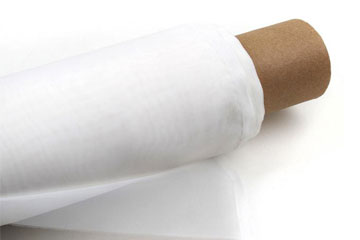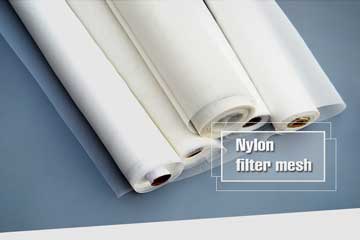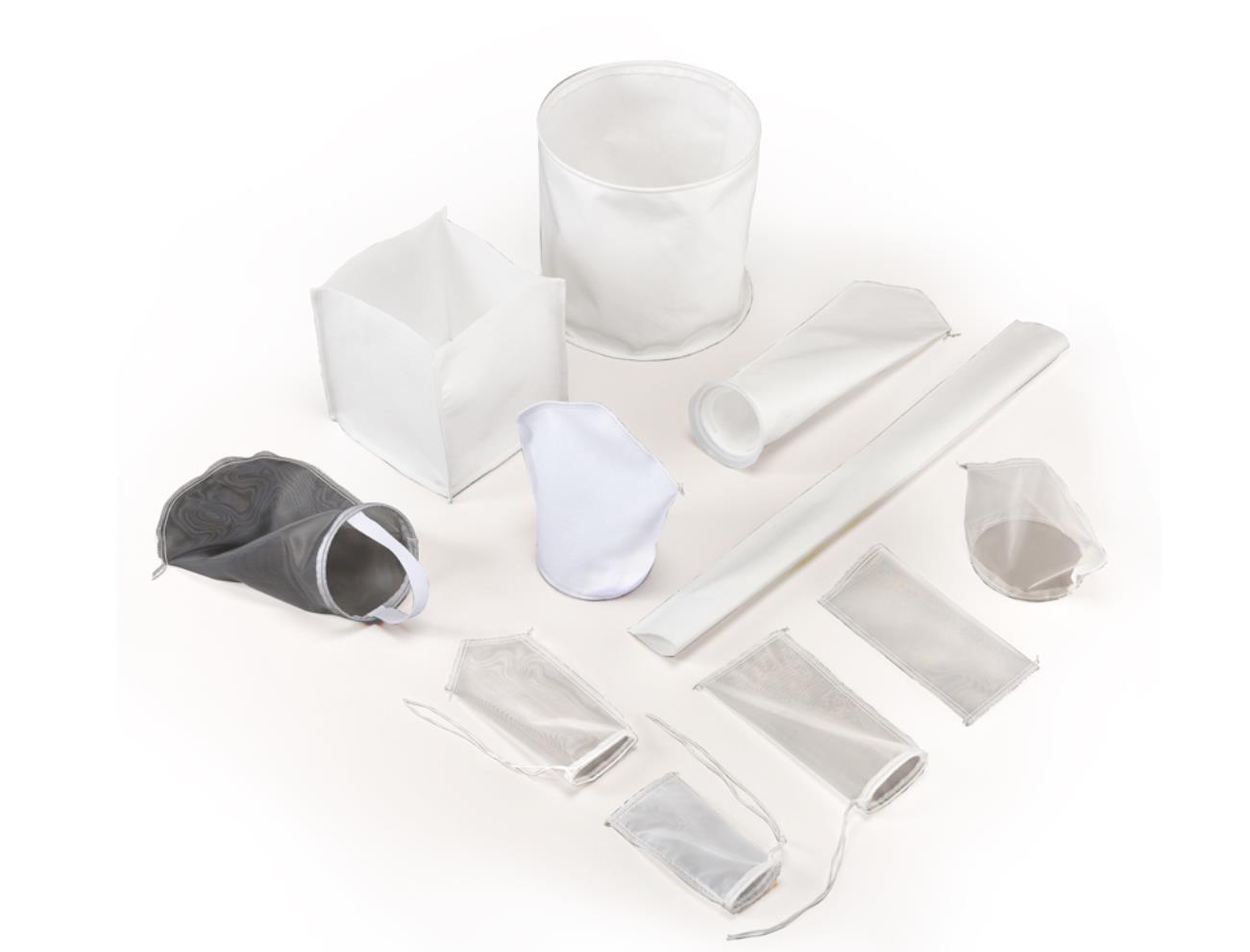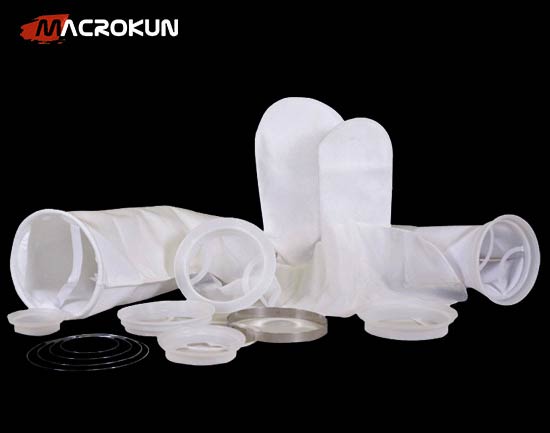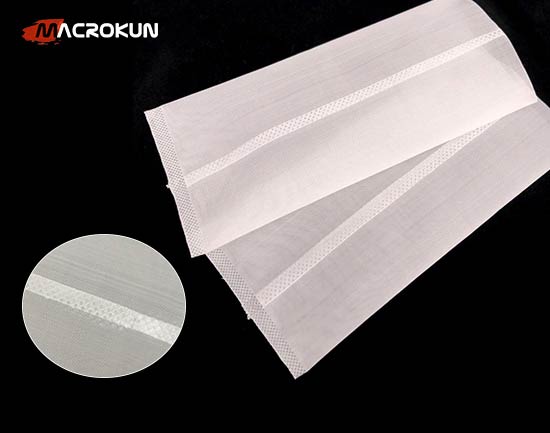The Importance of Nylon Filter Mesh and Stainless Steel Mesh for Filtration Systems
Choosing the right filter mesh is essential for the performance and longevity of your filtration system. Nylon mesh and stainless steel mesh filters both offer unique benefits, depending on the specific needs of your filtration task. Whether you're lo
Filtration is a critical process in various industries, including water purification, air filtration, and even paint manufacturing. One of the most commonly used materials for creating efficient filter systems is nylon filter mesh. This versatile material can be used for a variety of filtration needs, from water filters to paint strainers. It comes in different micron ratings, ranging from 5 micron nylon filter cloth to 200 micron nylon mesh, making it suitable for different filtration tasks.
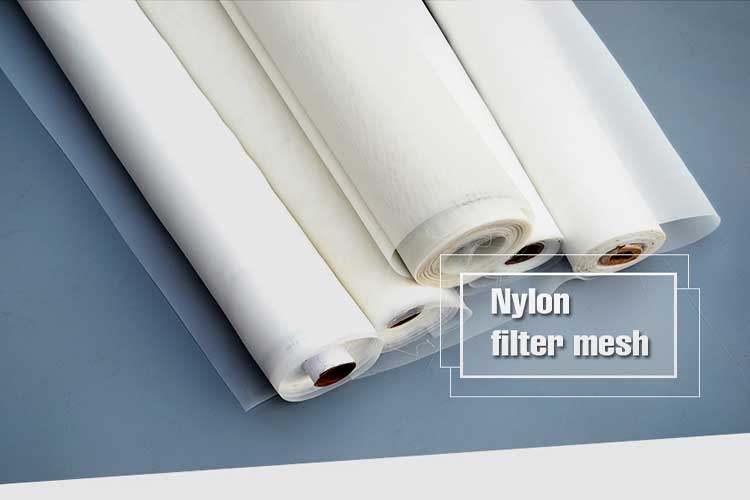
Understanding the Micron Ratings
When choosing a filter, the micron rating is essential as it determines the filter's ability to trap particles. For instance, a 10 micron nylon mesh is ideal for trapping larger particles, while a 1 micron stainless steel filter can filter out even the smallest particles. The 100 micron paint strainer is commonly used in the automotive industry to ensure that paint or coating materials are free from any contaminants.
Nylon filter mesh is available in various micron sizes, allowing you to select the right mesh for the job. 20 micron nylon mesh is often used for water filtration, while 200 micron nylon mesh works well in applications such as air filtration and large-scale water treatment.
200 micron nylon mesh is also widely used in paint filtration systems. The 190 micron mesh filter ensures that larger particles are captured while allowing the liquid to flow smoothly through the mesh. For highly refined applications like industrial water systems or pharmaceutical industries, 5 micron nylon filter cloth is preferred because of its ability to capture even the smallest particles.
Types of Filter Mesh: Nylon vs Stainless Steel
There are two primary materials used for filter mesh: nylon and stainless steel. Both offer unique benefits, and the choice depends on the specific filtration needs.
Nylon filter cloth mesh is incredibly durable and versatile, making it ideal for a wide range of filtration tasks. It’s also more cost-effective compared to stainless steel filters, particularly in industries where large quantities of filtration mesh are needed. Stainless steel micron filter is perfect for high-temperature environments and more demanding filtration tasks, as it can withstand harsher conditions than nylon mesh.
For example, a stainless steel micron filter can be used in high-pressure filtration systems, such as those found in industrial equipment or oil and gas applications. On the other hand, nylon mesh 200 micron is commonly used for filtration systems in water treatment facilities, ensuring the water is free from particulate matter.
Choosing the Right Filter for Your Application
When selecting a filter mesh, it’s crucial to choose the correct micron size. The micron nylon mesh you need depends on the type of particles you are trying to filter. 50 micron stainless steel filter and 40 micron nylon mesh are often used in applications that require medium-level filtration. These filters are typically used in air filters or water filters that need to remove moderately sized particles.
On the other hand, if you're looking to capture finer particles, you would want to use a 5 micron nylon filter cloth or a 10 micron stainless steel filter. These sizes are commonly found in systems requiring fine filtration, such as laboratory filtration, drinking water systems, and even in the paint industry.
For more robust filtration applications, such as 200 micron stainless steel filter mesh or 400 micron nylon mesh, a coarser mesh is necessary. These filters are suitable for heavy-duty tasks like industrial filtration or in places where larger particles need to be removed quickly, such as in construction sites or wastewater treatment plants.
Key Features of Nylon and Stainless Steel Mesh Filters
-
Durability: Both nylon and stainless steel filters are highly durable and can be used in demanding environments. 500 micron nylon mesh and 250 micron screen are particularly robust and can handle larger volumes of filtration.
-
Flexibility: Nylon filter mesh is flexible and easy to install in various filtration systems, including those requiring nylon mesh water filter solutions.
-
Chemical Resistance: Stainless steel filter mesh 5 micron offers excellent resistance to chemicals and high temperatures, making it suitable for more specialized applications like oil filtration or high-pressure systems.
-
Ease of Maintenance: Nylon filter cloth mesh is easy to clean and maintain, ensuring that your filtration systems remain effective for extended periods.
Applications of Filter Mesh
-
Water Filtration: 20 micron nylon mesh is perfect for purifying water, ensuring it is free from contaminants and particles. For more stringent applications, 5 micron nylon filter cloth ensures the water is free from even the finest dirt and microorganisms.
-
Paint Filtration: 100 micron paint strainer is an essential tool in the paint industry. It ensures that paint is free from debris, allowing for smoother application and better results. Additionally, a 190 micron paint filter ensures that even the smallest paint particles are filtered out.
-
Air Filtration: 40 micron nylon mesh is widely used in air filtration systems for capturing dust and other airborne particles. Nylon mesh air filter is commonly used in HVAC systems and clean rooms.
How Does Nylon Filter Mesh Work?
Nylon filter mesh works by allowing fluids or air to pass through while trapping particles of a certain size. The micron nylon mesh size is critical in determining how small the particles that will be filtered are. Smaller mesh sizes, like 1 micron mesh filter, trap finer particles, while larger mesh sizes, like 200 micron nylon mesh, capture coarser particles. This ability to filter out particles makes it an essential component in numerous industries.
In industrial applications, nylon mesh 200 micron can be used for large-scale filtration systems, while 10 micron nylon filter cloth is better suited for finer filtration needs. Whether it's used in water, air, or paint systems, nylon filter mesh ensures a clean and smooth flow of materials, contributing to the efficiency of the filtration process.
Nylon Filter Mesh Conclusion
Choosing the right filter mesh is essential for the performance and longevity of your filtration system. Nylon mesh and stainless steel mesh filters both offer unique benefits, depending on the specific needs of your filtration task. Whether you're looking for 10 micron filter cloth, 100 micron paint strainer, or 200 micron screen, understanding the micron rating and selecting the correct mesh type will ensure the efficiency of your filtration system.
For industries ranging from water purification to air filtration, using the right mesh size and material is key to achieving optimal filtration performance. Nylon mesh 200 micron filters are perfect for general applications, while 5 micron stainless steel filter options offer the precision required in more specialized fields.
RELATED PRODUCTS
RELATED ARTICLES
Tags:
